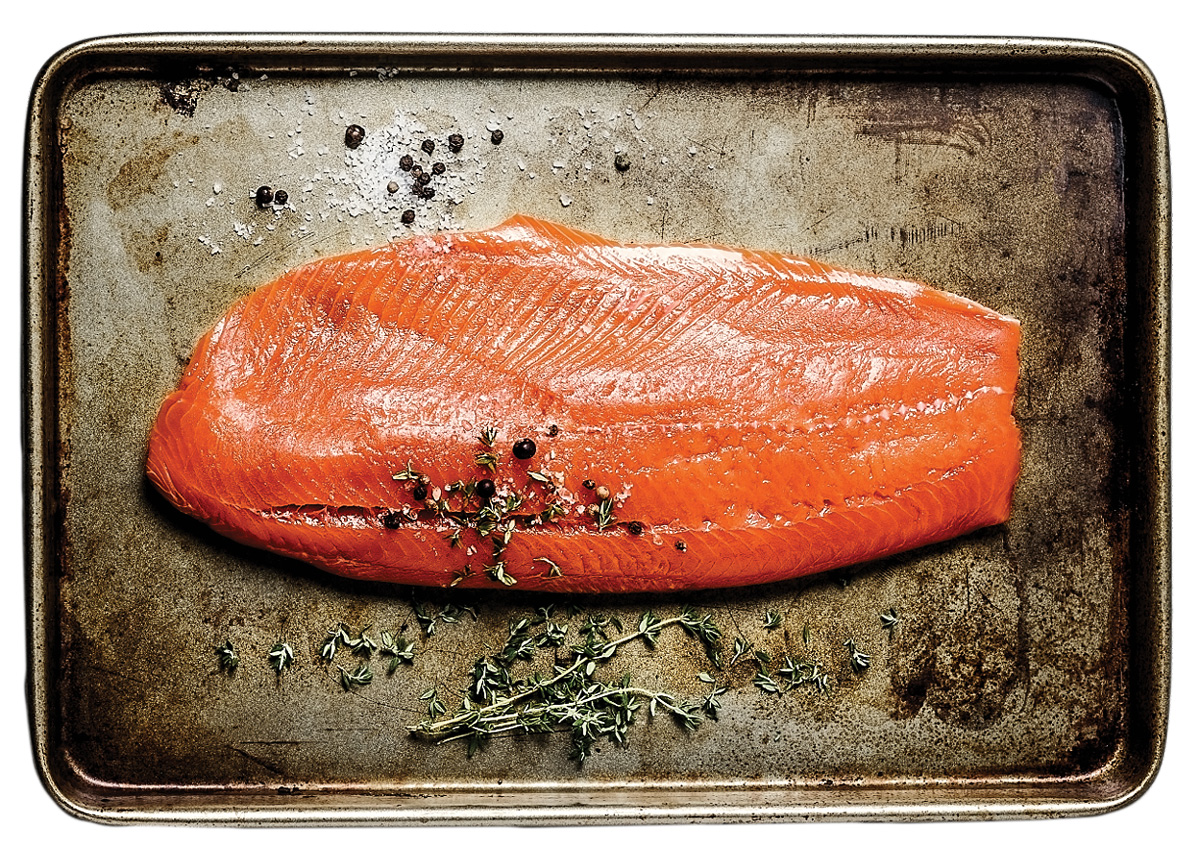Long ago, when life first made the journey onto land, our primordial ancestors endowed us with the primary cilium, a small cellular appendage analogous to an antenna. And exactly what it does has been more or less a mystery ever since.
One thing scientists did know was that people with a rare defect in the cilium can’t stop eating and eventually become insulin resistant. Recently, a team of Stanford researchers conducted a comprehensive molecular screening in search of the chemical substance sensed by fat stem cells. The answer: omega-3 fatty acids. The sensor: the primary cilium. And the revelation: at last, a link between cell biology and dietary science.
When omega-3s bind to a receptor on the cilia of fat stem cells, they signal the cells to divide, supplying the body with more storage units for fat. This divide-and-conquer method is a healthier alternative to stockpiling fat in a few large fat cells, a process correlated with insulin resistance, diabetes and inflammation.
‘It’s the same number of pigeonholes, but a lot more pigeons get stuffed in there.’
The study provides answers to assorted nutritional questions, such as “Why do we pop fish oil pills?” and “Why are potato chips bad for you?” While fish like salmon contain a significant amount of omega-3s, many processed snack foods are full of saturated fats, which obstruct the binding of omega-3s to the cilia receptor, leading to bloated fat cells.
“It’s the same number of pigeonholes, but a lot more pigeons get stuffed in there,” says the study’s senior author, Peter Jackson, a professor of microbiology and immunology and of pathology. “What you want is more, small fat cells rather than fewer, large fat cells.” By this mechanism, eating fewer products high in saturated fats is a veritable practice of nutrition by subtraction.
As for those omega-3s, a diet rich in them is associated with lower risks of heart disease, stroke, arthritis and depression. In a literal sense, they do the human body a fat lot of good.
Andrew Tan, ’22, is an editorial intern at Stanford. Email him at stanford.magazine@stanford.edu.



